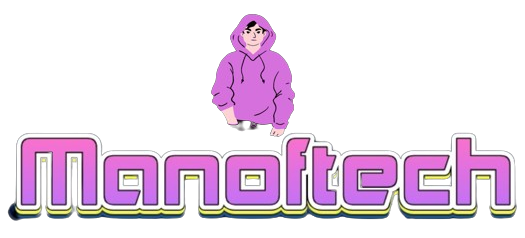In the realm of neuroscience and technology, groundbreaking advancements in Brain-Computer Interface (BCI) technology are forging new connections between the human brain and computing systems. This article explores the cutting-edge developments propelling BCI forward, from enhancing communication for individuals with disabilities to unlocking potential applications in various fields.
Understanding Brain-Computer Interface (BCI)
BCI technology establishes a direct communication pathway between the brain and external devices, bypassing traditional methods like keyboards or touchscreens. This innovative field holds immense promise for improving accessibility, augmenting human capabilities, and even delving into realms of thought-controlled technology.
Applications in Accessibility
Assistive Communication Devices: BCI has transformed the lives of individuals with motor disabilities by enabling communication through direct brain signals. Thought-controlled assistive devices empower users to express themselves and interact with the world, fostering independence.
Neuroprosthetics: Advancements in BCI have led to the development of neuroprosthetic devices. Implanted or wearable, these devices translate neural signals into control commands for prosthetic limbs, offering greater dexterity and natural movement for amputees.
Cognitive Enhancement and Control
Mind-Controlled Technology: BCI allows users to control devices and applications using their thoughts. From smart homes to robotic systems, mind-controlled technology opens up possibilities for intuitive and seamless interaction with the surrounding environment.
Brain-Linked Gaming: In the gaming industry, BCI introduces a new dimension with brain-linked interfaces. Gamers can navigate virtual worlds, control characters, or even influence game dynamics using their cognitive signals, providing an immersive and adaptive gaming experience.
Neurofeedback and Mental Health
Cognitive Training and Rehabilitation: BCI plays a role in cognitive training and neurorehabilitation. By providing real-time feedback on brain activity, individuals can engage in targeted mental exercises to enhance cognitive functions or aid recovery after neurological injuries.
Stress and Emotion Monitoring: BCI technology can monitor brain activity associated with stress and emotions. This application has implications for mental health, enabling individuals to better understand and manage their emotional well-being through personalized interventions.
Challenges and Innovations
Improving Signal Resolution: Enhancing the resolution and accuracy of neural signals remains a challenge. Ongoing research focuses on refining signal processing techniques and developing advanced neural interfaces to capture more nuanced brain activity.
Ensuring Ethical Use: As BCI technology evolves, ethical considerations become paramount. Ensuring user privacy, consent, and protection against potential misuse are critical aspects that require careful attention as the technology becomes more widespread.
Future Prospects
Mind-Machine Collaboration: The future envisions a seamless collaboration between human minds and machines. BCI technology may facilitate enhanced teamwork, where humans and AI systems work synergistically, leveraging the strengths of both.
Expanded Applications in Healthcare: BCI holds promise for expanded applications in healthcare, from diagnosing neurological conditions to developing personalized treatment plans. Brain data analytics may contribute to a deeper understanding of brain disorders.
Advances in Brain-Computer Interface technology mark a transformative era where the boundaries between the human mind and technology blur. From empowering individuals with disabilities to enhancing cognitive abilities and shaping the future of human-machine collaboration, BCI opens doors to unprecedented possibilities. As research and innovation progress, the ethical and societal implications of this merging frontier will shape how BCI technologies are integrated into our lives. Embracing these advancements responsibly ensures that BCI becomes a tool for empowerment, enriching lives and pushing the boundaries of what the human mind can achieve in conjunction with cutting-edge technology.


